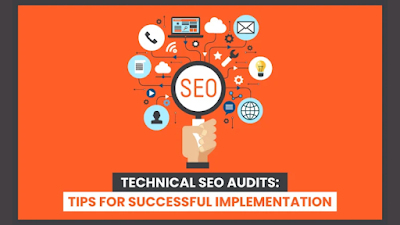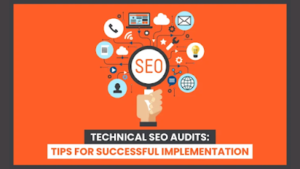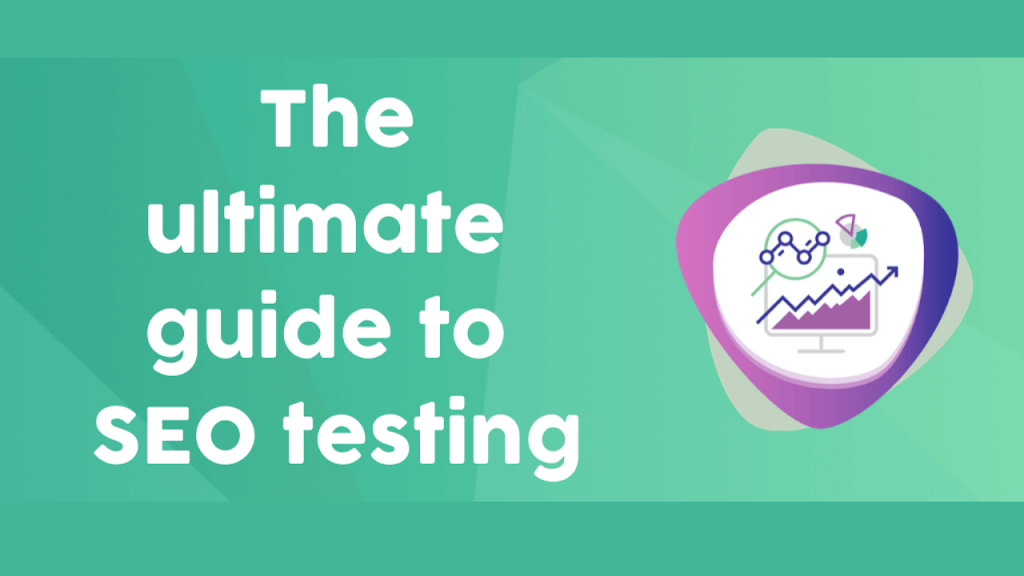SEO Audits In 2024, conducting comprehensive SEO audits remains crucial for ensuring the effectiveness and competitiveness of your website in search engine rankings.
Here are some crucial things to consider when performing SEO audits in 2024:
👉 You simply cannot template proper SEO audits – because each audit SHOULD be unique to the site/niche being evaluated – you’d have to create a ton of audit templates and even then – an audit should be entirely customized to the data you can get, the client, target niche etc.
👉 Arbitrary guidance has far more LIMITED VALUE – telling people to fix A B C is one thing – but actually explaining process in an audit is a far more effective way of getting people to “action” something with the right mindset
👉 Automation and audits will not produce anything anywhere NEAR to the standard of a bespoke SEO audit
👉 SEO audits should be structured towards the clients situation, data, niche, site architecture, target audience – AUDIT TEMPLATES are generally no good at this as they use the “one size fits all” approach for speed
👉 Clients tech stack and ability to fix
👉 Fix and measurement scopes
👉 Making it clear that implementation and fixing things can yield results in no specific timeframe – and that SEO is a combination of one time processes and repeatable processes – i.e. generally when you address an issue that issue by nature shouldn’t come back – but clients should be aware of ongoing responsibility to manage and prevent index issues
Someone once said to me
“Daniel, aren’t you worried about people copying your audits” – to which I replied,
No, not really, because every audit is unique.
Core Web Vitals and Page Experience Signals:
With Google’s continued emphasis on user experience, prioritize assessing your website’s performance in Core Web Vitals metrics, including Largest Contentful Paint (LCP), First Input Delay (FID), and Cumulative Layout Shift (CLS).
Evaluate how well your website meets Google’s page experience signals and identify areas for improvement to enhance user satisfaction and search engine rankings.
SEO Audits for Mobile Optimization:
Given the dominance of mobile search, assess your website’s mobile-friendliness and responsiveness.
Ensure that your site provides a seamless and intuitive user experience across various mobile devices and screen sizes.
Test loading speeds, navigation, and functionality to optimize for mobile-first indexing and improve rankings in mobile search results.
Content Quality and Relevance:
Evaluate the quality, relevance, and uniqueness of your website’s content.
Conduct content audits to identify thin, duplicate, or outdated content that may be detracting from your site’s overall performance.
Ensure that your content is comprehensive, informative, and valuable to users, addressing their search intent and providing solutions to their queries.
Keyword Optimization:
Analyze your website’s keyword strategy and optimization efforts.
Identify high-potential keywords relevant to your niche or industry and ensure they are strategically incorporated into your content, meta tags, and headers.
Optimize for long-tail keywords, semantic variations, and conversational queries to align with user search behavior and improve visibility in search results.
Technical SEO Elements:
Assess the technical health of your website by examining key elements such as site structure, URL structure, internal linking, and metadata.
Identify and address issues related to crawlability, indexability, and accessibility to ensure search engine bots can effectively navigate and understand your site’s content.
Backlink Profile and Authority:
Evaluate the quality and relevance of your website’s backlink profile.
Analyze inbound links from authoritative and relevant sources and identify opportunities to acquire high-quality backlinks through outreach, content marketing, and digital PR efforts.
Disavow toxic or spammy links that may be harming your site’s credibility and search engine rankings.
Local SEO Optimization:
If applicable, assess your website’s optimization for local search.
Ensure that your Google My Business listing is claimed and optimized with accurate business information, reviews, and photos.
Implement local keywords, schema markup, and geo-targeted content to improve visibility in local search results and attract nearby customers.
User Experience and Engagement Metrics:
Consider user experience and engagement metrics when evaluating your website’s performance.
Monitor metrics such as bounce rate, time on page, and conversion rates to gauge user satisfaction and interaction with your site.
Identify areas for improvement to enhance usability, engagement, and ultimately, search engine rankings.
Competitive Analysis:
Conduct a thorough analysis of your competitors’ SEO strategies and performance.
Identify their strengths, weaknesses, and areas of opportunity to inform your own SEO strategy.
Benchmark your website against industry leaders and seek ways to differentiate and outperform them in search engine rankings.
Algorithm Updates and Industry Trends:
Stay informed about the latest algorithm updates, industry trends, and best practices in SEO.
Keep abreast of changes in search engine algorithms, user behavior, and technology advancements to adapt your SEO strategy accordingly and maintain competitiveness in the ever-evolving digital landscape.
By considering these crucial factors in SEO audits in 2024, you can identify areas for improvement, optimize your website for better search engine visibility, and achieve sustainable long-term success in organic search rankings.
Resources : Social Media Today







Leave a Reply